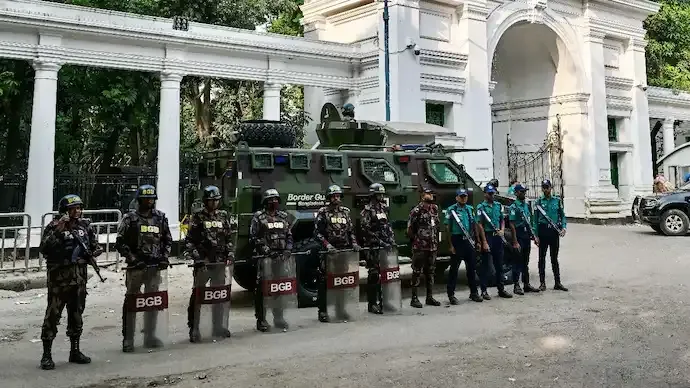Shopping cart
Your cart empty!
Terms of use dolor sit amet consectetur, adipisicing elit. Recusandae provident ullam aperiam quo ad non corrupti sit vel quam repellat ipsa quod sed, repellendus adipisci, ducimus ea modi odio assumenda.
Lorem ipsum dolor sit amet consectetur adipisicing elit. Sequi, cum esse possimus officiis amet ea voluptatibus libero! Dolorum assumenda esse, deserunt ipsum ad iusto! Praesentium error nobis tenetur at, quis nostrum facere excepturi architecto totam.
Lorem ipsum dolor sit amet consectetur adipisicing elit. Inventore, soluta alias eaque modi ipsum sint iusto fugiat vero velit rerum.
Sequi, cum esse possimus officiis amet ea voluptatibus libero! Dolorum assumenda esse, deserunt ipsum ad iusto! Praesentium error nobis tenetur at, quis nostrum facere excepturi architecto totam.
Lorem ipsum dolor sit amet consectetur adipisicing elit. Inventore, soluta alias eaque modi ipsum sint iusto fugiat vero velit rerum.
Dolor sit amet consectetur adipisicing elit. Sequi, cum esse possimus officiis amet ea voluptatibus libero! Dolorum assumenda esse, deserunt ipsum ad iusto! Praesentium error nobis tenetur at, quis nostrum facere excepturi architecto totam.
Lorem ipsum dolor sit amet consectetur adipisicing elit. Inventore, soluta alias eaque modi ipsum sint iusto fugiat vero velit rerum.
Sit amet consectetur adipisicing elit. Sequi, cum esse possimus officiis amet ea voluptatibus libero! Dolorum assumenda esse, deserunt ipsum ad iusto! Praesentium error nobis tenetur at, quis nostrum facere excepturi architecto totam.
Lorem ipsum dolor sit amet consectetur adipisicing elit. Inventore, soluta alias eaque modi ipsum sint iusto fugiat vero velit rerum.
Do you agree to our terms? Sign up

Bangladesh is witnessing a sudden resurgence of violence, arson and crude bomb attacks as the International Crimes Tribunal prepares to announce a crucial verdict against deposed Prime Minister Sheikh Hasina. Dhaka, the epicentre of political tension, was turned into a heavily fortified zone on Thursday, with security forces patrolling near-empty streets and checkpoints sealing major entry points into the city.
The unrest comes just days before the tribunal sets the final date for judgment in a sweeping case that accuses Hasina and her top aides of grave offences linked to last year’s deadly student-led uprising. Hasina, who fled to India in August 2024 after her government collapsed, faces multiple charges including murder, conspiracy, torture, and ordering lethal action on unarmed protesters.
Authorities deployed both the police and Border Guard Bangladesh (BGB) across the capital as the outlawed Awami League called for a citywide shutdown. Dhaka’s normally crowded roads fell silent, public transport ran at a fraction of its usual volume, and security cordons were placed around the High Court and key government zones.
Local reports indicated that the flare-up has now spread to several regions, including Gazipur and Brahmanbaria. In Brahmanbaria, a branch of Muhammad Yunus’s Grameen Bank was torched, destroying documents and office property. Multiple buses were burned in Dhaka and nearby districts, while miscreants set fire to a train coach in Tejgaon.
Dhaka witnessed crude bomb blasts at no fewer than 17 locations, including an attack near Dhaka University that injured three people. A shopping mall and a public ground screening a documentary were also targeted, signalling a coordinated attempt to destabilise the capital.
Police reported the arrest of 44 Awami League members since Tuesday and claimed to have recovered large caches of crude and petrol bombs from a residence near Dhaka. In Narayanganj, 29 party leaders and workers were detained in connection with the violence.
The tribunal is examining five major charges against Hasina related to the 2024 student protests that toppled her long-running government. These include accusations of:
Murder, attempted murder and torture of unarmed civilians
Ordering lethal force on student crowds
Causing the death of a student in Rangpur
Making provocative statements that escalated the unrest
Involvement in the shooting of six protesters in Dhaka’s Chankharpul area
The 2024 protests resulted in more than 500 deaths and hundreds of injuries, making it one of Bangladesh’s most violent political crises in decades. The current interim government led by Muhammad Yunus has been sharply critical of Hasina and even requested her extradition last year—something New Delhi has not acted upon.
With national elections scheduled for early 2026, the tribunal’s verdict is set to shape Bangladesh’s political landscape. The return of bomb attacks and arson has revived fears of another prolonged period of unrest, and the atmosphere in Dhaka reflects a population bracing for what comes next.
82
Published: Nov 13, 2025